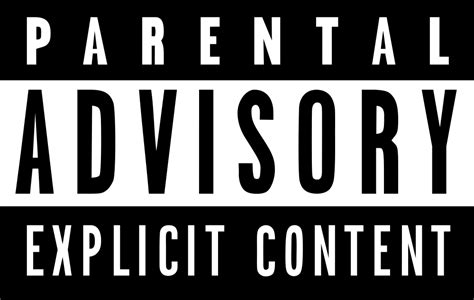Parental Controls

Parental control software is a kind of software that provides parents with the power to control what sites their children can see, when internet access is available as well as track the internet internet history of their children. Before the widespread use of the internet, children did not have the access to information that they do now. For example, explicit music came in CD’s with large warning signs which made it very straightforward for parents to see what content their children were consuming. Now that many children have access to the internet, the way in which parents monitor the content their children see has changed as well. Several companies have entered the business of parental control software as it is becoming widely adopted by parents worldwide. Increasingly, concerns are being raised in academia about the potential for abuse of parental control software by parents given the omnipresence that the software allows parents.
Contents
Overview
Parental control software typically consists of customizing internet permissions on different accounts. [2] For example, parents' accounts typically can make changes for the entire household and experience no internet restrictions. Children are typically assigned accounts which the parents control.
There are two ways in which parental control software functions:
- Complete disablement to the internet involves having the ability to disable wifi entirely for children. This can range from disabling the wifi within a certain time frame every day to turning off the internet indefinitely.
- Monitoring means that parents can have access to the complete browsing history of their children at any time. This allows parents to monitor how their children navigate the internet without hard boundaries.
Ethical Issues
//
//
//
//
//
//
References
- ↑ Schilling, D. R. (2017, February 7). Parental Control for the Internet, TV & Voice Controlled Assistants. Industry Tap. http://www.industrytap.com/parental-control-internet-tv-voice-controlled-assistants/40715
- ↑ U-M Weblogin. (2020, September 18). Weblogin.umich.edu. https://go-gale-com.proxy.lib.umich.edu/ps/i.do?p=STND&u=umuser&id=GALE%7CA635821966&v=2.1&it=r&sid=summon
Cetinkaya, L. (2019). The Relationship between Perceived Parental Control and Internet Addiction: A Cross-sectional study among Adolescents. Contemporary Educational Technology, 10(1), 55–74. https://doi.org/10.30935/cet.512531,
U-M Weblogin. (n.d.). Weblogin.umich.edu. https://www-sciencedirect-com.proxy.lib.umich.edu/science/article/pii/S0047272720300724?via%3Dihub